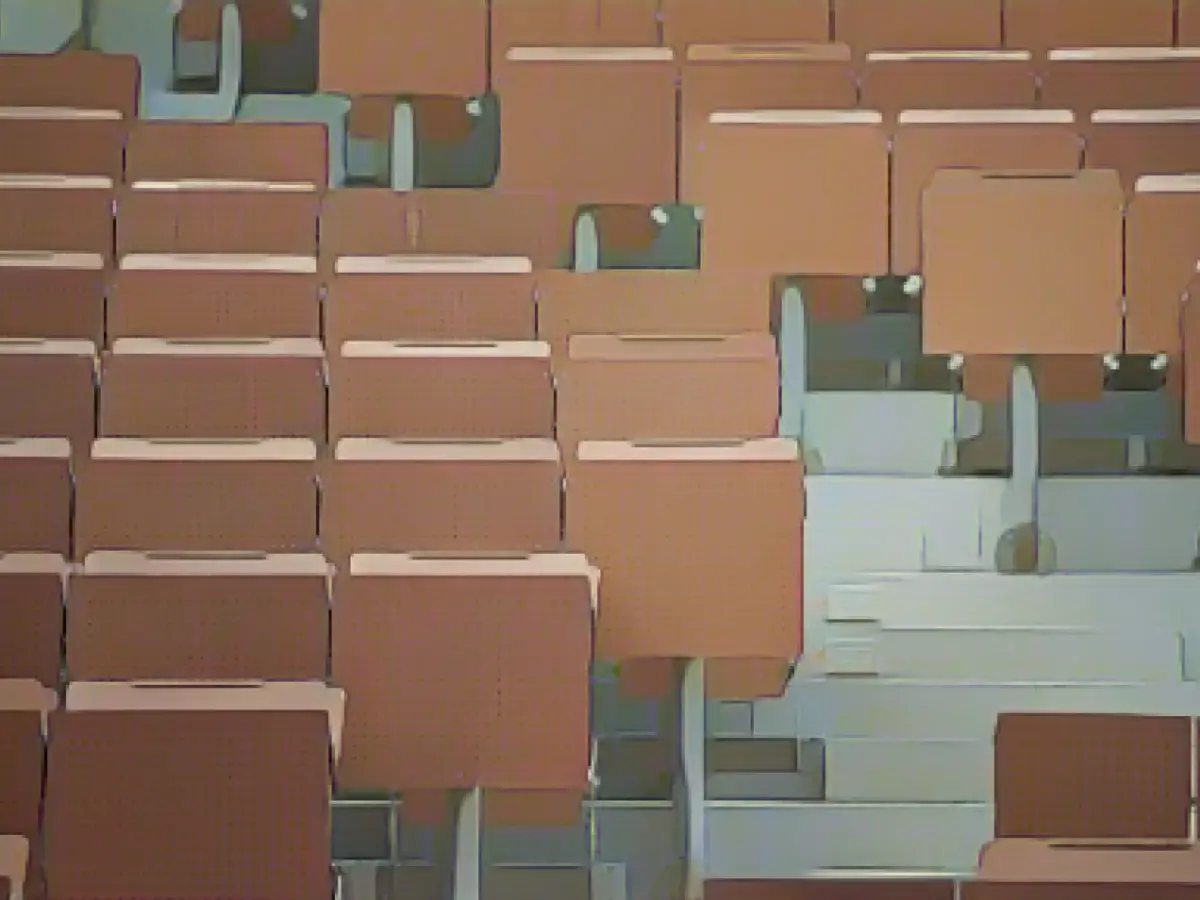Education - Analysis: Students hardly ever use state funding
Only around one in six to seven students in Rhineland-Palatinate rely on state funding to finance their studies. According to an analysis published on Friday by the CHE Center for Higher Education Development in Gütersloh, only 15.9 percent did so last year.
Funding options include Bafög, state-initiated student loans and scholarships. Instead, according to the analysis, most students finance themselves with the help of their parents or a part-time job.
According to CHE data, nine out of ten students in Germany are supported by their parents and 68 percent work alongside their studies. In Rhineland-Palatinate, 64.5% of all enrolled men and women were also employed in 2021. In contrast, only 11.4 percent received Bafög in 2022.
CHE expert Ulrich Müller therefore sees an urgent need for action. "The political measure from which students have benefited most financially in recent years did not come from the Ministry of Education, but from the Ministry of Labor: the increase in the minimum wage to 12 euros in October 2022."
According to the expert, the reasons why at least 84% of all students in Germany could not or did not want to use the state support options for financing their studies are delays in the Bafög reform and the current high interest rates on the KfW student loan.
The proportion of students in Rhineland-Palatinate who received a KfW student loan in 2022 was only 0.5 percent, which is in line with the national average.
Read also:
- A clan member is punished here
- Traffic lawyer warns: Don't talk to the police!
- Will he be convicted as Jutta's murderer after 37 years?
- He also wanted to kill his cousin
- Despite the high interest rates on KfW student loans, many students prefer self-financing methods rather than relying on state funding, such as Bafög or scholarships.
- The CHE Center for Higher Education Development in Gütersloh found that only 15.9% of students in Rhineland-Palatinate utilized state funding to finance their studies in 2021.
- According to the CHE analysis, universities in Rhineland-Palatinate, such as those in Mainz, are experiencing a trend where most students finance their education through a combination of parental support and part-time jobs.
- Ulrich Müller, an expert from CHE, emphasizes the need for action to address the fact that only 11.4% of students in Rhineland-Palatinate received Bafög in 2022.
- In light of the recent increase in the minimum wage to 12 euros by the German Ministry of Labor, Müller argues that this policy has had a more significant impact on students' finances than any measure implemented by the Ministry of Education.
Source: www.stern.de








